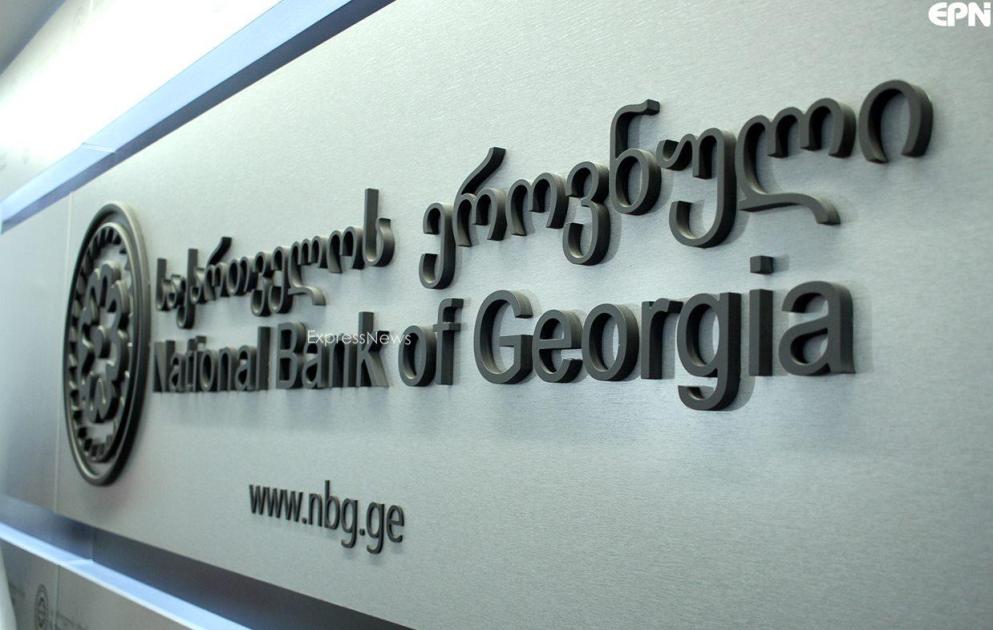
"The imposition of additional capital requirements by the national bank in previous years and the profits made by commercial banks have allowed banks to accumulate sufficient capital buffers to cope with this shock. Accordingly, the banks were prepared to face the shock caused by the pandemic", - the NBG stated.
Other factors that have contributed to the readiness of the financial sector are: quality assurance of banks' assets; sufficient capital and liquidity buffers; reserves that have been set up by banks in advance for possible losses caused by the pandemic.
The NBG says that the structural challenges of the Georgian economy, such as the high rate of dollarisation, the growing current account deficit and the growing reliance on international financial flows, have exacerbated the negative impact of the prolonged external shocks caused by the Covid-19 pandemic on the Georgian economy.
The risks that remain are: uncertainty about the duration of the Covid-19 pandemic and its impact on the economy; accelerated normalisation of monetary policy by leading central banks; materialisation of insolvency risks of non-financial companies; delayed recovery of the economy.
There are 15 commercial banks in Georgia, including 14 foreign-owned banks and one branch of non-resident banks.
0
0










